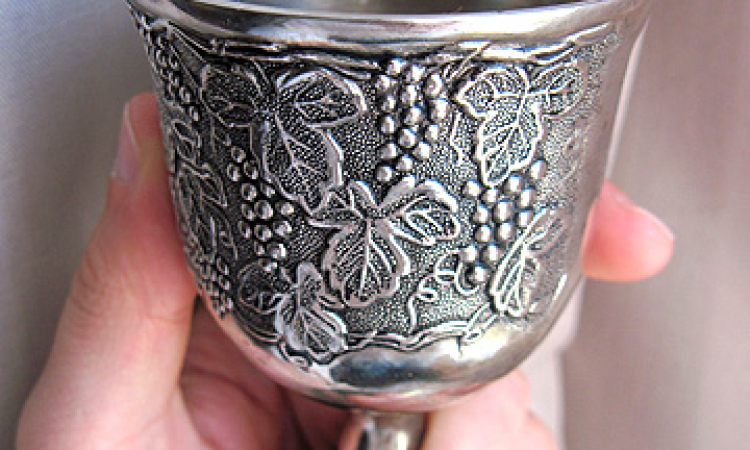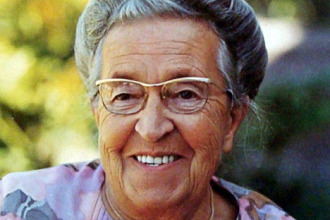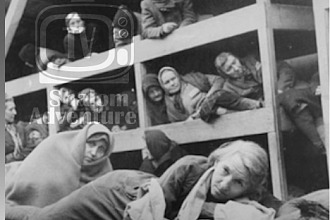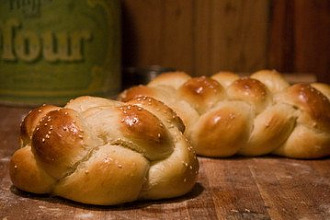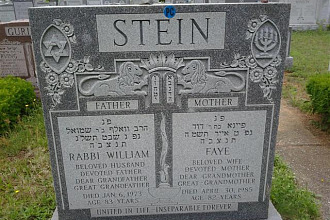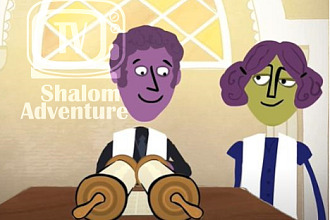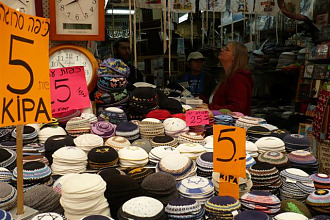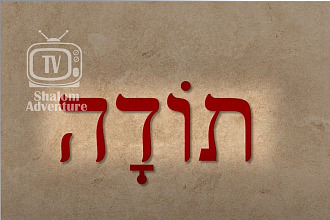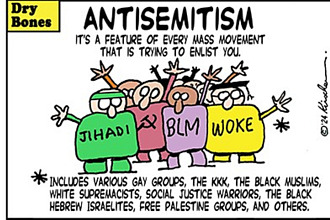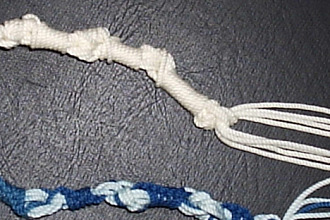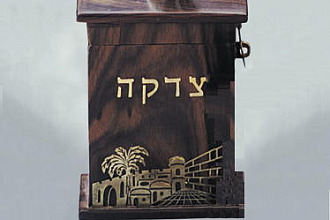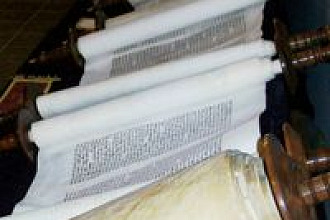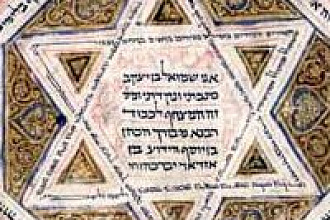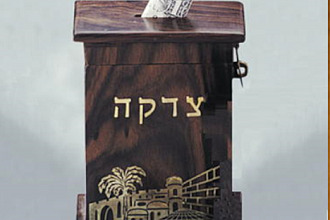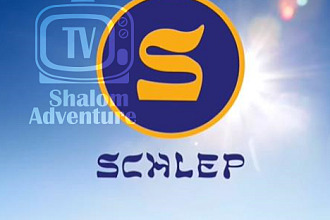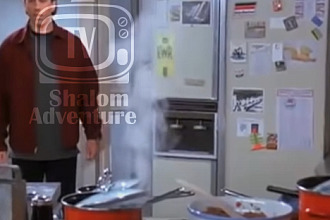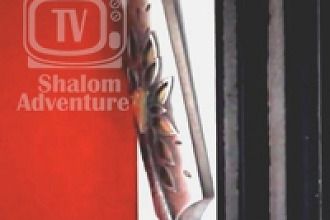Kiddush is from the Hebrew word for holy or sanctify, to set apart as holy. God set the Sabbath apart as holy. Saying the kiddush on Friday evening dates back about 2,500 years.
Shabbat candles are traditionally lit before the Shabbat has begun. Generally, the woman of the home lights the candles and says the candle blessing with her head covered. At least two candles are used, one for the person saying the blessing and one for God. Some families will have a candle for each member of the family.
The traditional blessing says: “Baruch atah Adonai Elohenu Melech ha’olam asher kidshanu bemitzvotav vetzivanu l’hadlik ner shel Shabbat.” “Blessed are you Adonai our God, King of the universe, who makes us holy with mitzvoth and instructs us to kindle the lights of Shabbat.”
Juice or wine is held as the kiddush is recited, “Baruch atah Adonai Elohaynu Melech ha’olam boray pri ha-gafen.” “Blessed are you Adonai our God, King of the universe, who creates the fruit of the vine.”
Notice the blessing is for the fruit of the vine. The picture painted is one of freshness, a gift right out of the Creator’s own hand. The Sabbath is a celebration of God’s creatorship. It is a memorial of His completed work. It is the weekly anniversary of creation. Thus the Sabbath is brought in with light and with life, with brightness and with joy.
In addition to the light and the juice from the vine there is the bread from the earth. All are symbols of life. You will also notice we are not asking God to bless the food – He already did that when he created it. We are blessing God, or praising God, for giving us such good food.
The hamotzi is the blessing we say for the bread. Hamotzi means “who brings forth.” Challah bread is a traditional Sabbath bread. It is an egg bread that is made up of three rolls of dough braided together into one loaf. Generally two loaves are used as a reminder of the miracle of the double portion of manna that God gave to us every Friday when we were wandering in the wilderness after we left Egypt. The Torah tells us that every day, for forty years, manna came down for us to eat. Every day there was only enough for one day and any that was kept over for the next day spoiled before morning, except on Sabbath. Every Friday a double portion came down which miraculously did not spoil that night. Even though manna came down every day throughout the week, every week, for forty years, manna never came down on the Sabbath.
Even though the manna account is recorded in the Scriptures, the Scriptures do not tell us how to bring in the Sabbath, or that there needs to be a ceremony for bringing in the Sabbath. The Scriptures do not mention the candles, or the Kiddush, or the hamotzi. They are a tradition. A beautiful and tasty tradition I might add.
Originally from: Jewish Discoveries by Jeff Zaremsky, pages 100-101, which contains a total of 22 fascinating chapters of biblical history and lessons plus 25 rich Jewish tradition sections, and 27 powerful testimonies, with over 40 beautifully rendered professional works of art all on over 300 jam packed pages. You can own this treasure by visiting www.Jewishheritage.net
Posted on Shalom Adventure by Barbara Zaremsky

